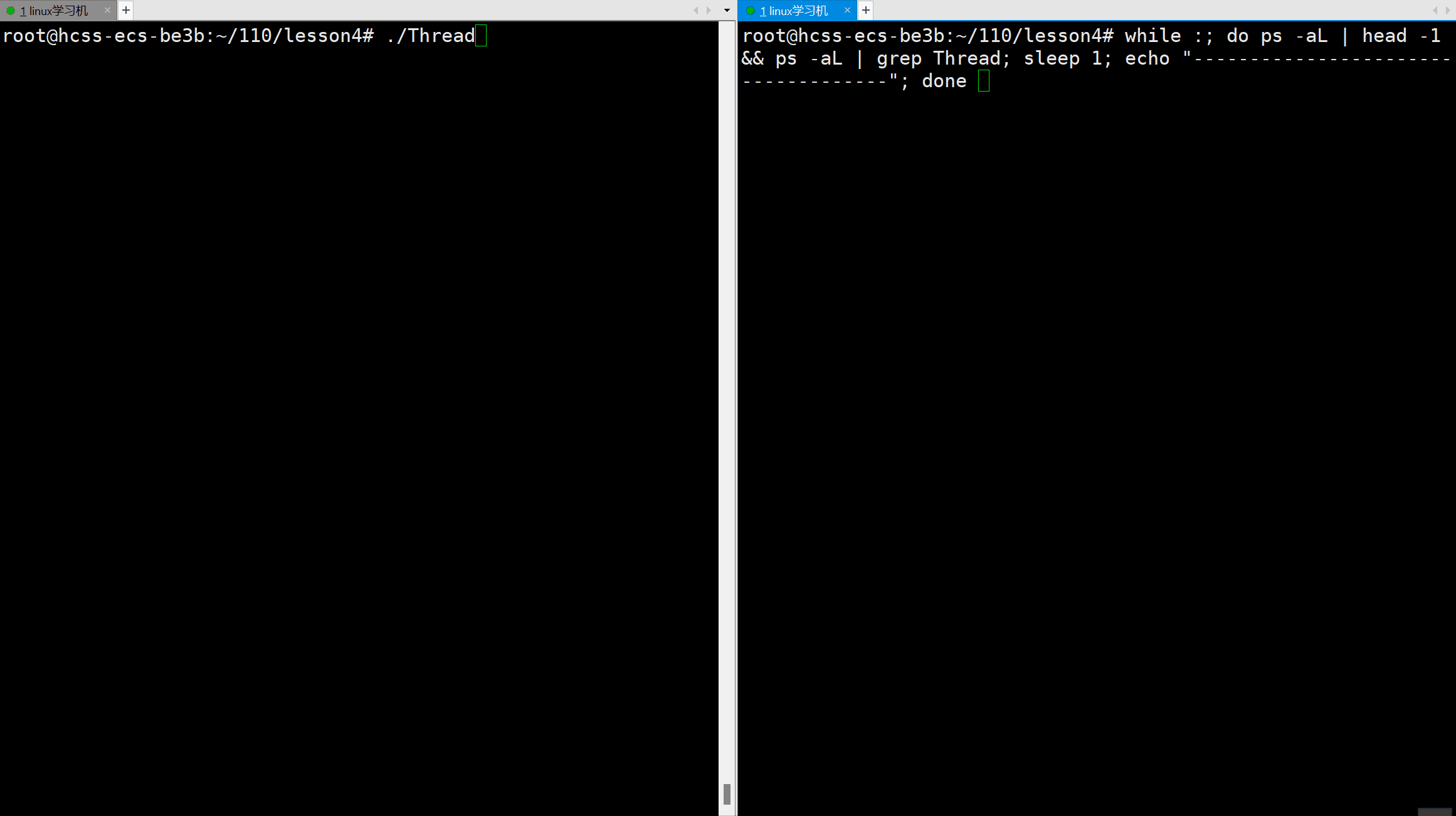本文章中使用的算法和例子来源于bilibili中西湖大学赵世钰老师的【强化学习的数学原理】课程。网址:第5课-蒙特卡洛方法(MC Exploring Starts算法)_哔哩哔哩_bilibili
目录
一、算法简介
二、相关定义
1、策略评估
2、visit定义
3、episode定义
三、算法流程
四、代码演示
一、算法简介
"Monte Carlo Exploring Starts"(MC Exploring Starts)是一种强化学习算法,用于估计策略下的状态-动作值函数 Q(s,a)。该方法适用于有限状态和动作空间的问题,主要用于确定性策略的优化。它属于蒙特卡洛(Monte Carlo)方法的一类,使用从起始状态到终止状态的完整回合(episode)进行学习。
二、相关定义
1、策略评估
①每次访问(Every-Visit)蒙特卡洛策略评估:每次一个 (状态,动作)对出现在一个 episode 中时,都会对其进行一次回报更新。
②首次访问(First-Visit)蒙特卡洛策略评估:在一个 episode 中,只对某个 (状态,动作) 对的首次访问进行回报更新。即在一个 episode 中,如果某个 (状态,动作) 对已经更新过,就不再更新。
Every-Visit 和 First-Visit 的对比
| 策略评估方法 | 是否更新重复访问的状态 | 数据量 | 收敛速度 | 适用场景 |
| 每次访问 | 是 | 多 | 较快 | 适用于频繁访问的状态,数据充分时 |
| 首次访问 | 否 | 少 | 较慢 | 适用于减少计算量和数据冗余的情况 |
2、visit定义
对于从棋盘格中的一个位置出发,每一个状态-动作组成的一个元组称为一个visit,如(s1,a2),(s2,a4),(s1,a2)……,如此定义。

3、episode定义
从一个位置出发,所有的visit组成一个episode,至于步数可以自己自行设置。

三、算法流程

四、代码演示
import numpy as np
import random
from collections import defaultdictclass BehrmanMC_EGreedy:# Attributesn, m = None, None # Chessboard dimensionsxx, yy = [-1, 0, 1, 0, 0], [0, 1, 0, -1, 0] # 动作(上、右、下、左、停留)s = "↑→↓←O" # 动作符号_lambda = 0.9 # 折扣因子# 初始化棋盘格和策略chessboard = [["***"],["**#"],["#*x"]]policy = [[1, 3, 2],[2, 3, 3],[2, 2, 0]]states = NonePunishment = Nonedef __init__(self):self.n, self.m = len(self.chessboard), len(self.chessboard[0][0])self.init_matrix()self.returns = defaultdict(list) # 用于记录每个 (状态, 动作) 对的累积回报self.Q = defaultdict(lambda: [0] * 5) # 用来存储每个 (状态, 动作) 对的 Q 值def init_matrix(self):"""Initialize chessboard matrix, rewards, states, and policy."""self.chessboard = [list(row[0]) for row in self.chessboard]self.states = [[0] * self.m for _ in range(self.n)]self.Punishment = [[0 if cell == "*" else (-10 if cell == "#" else 1)for cell in row] for row in self.chessboard]def next_point(self, x, y, i):"""Calculate the next position coordinates, returns current position if out of bounds."""wall = 0nx, ny = x + self.xx[i], y + self.yy[i]if 0 <= nx < self.n and 0 <= ny < self.m:return nx, ny, wallelse:wall = 1return x, y, walldef action(self, x, y, i):"""Return reward for the given action."""next_pos = self.next_point(x, y, i)if next_pos[2] == 1:return -1 # 撞墙else:return self.Punishment[next_pos[0]][next_pos[1]]def generate_episode(self,x,y,action):"""Generate an episode using Exploring Starts."""episode = []for t in range(10): # episode中visit的数量reward = self.action(x, y, action)episode.append(((x, y), action, reward))x, y, _ = self.next_point(x, y, action)return episodedef update_policy(self):"""Update Q values and policy based on episode results."""for x in range(self.n):for y in range(self.m):for z in range(5):episode_data = self.generate_episode(x,y,z)G = 0visited = set()# 使用首次访问for (x, y), action, reward in reversed(episode_data):G = self._lambda * G + rewardif (x, y, action) not in visited: # Every-visit MC updateself.returns[(x, y, action)].append(G)self.Q[(x, y)][action] = np.mean(self.returns[(x, y, action)])visited.add((x, y, action))for (x, y) in self.Q.keys():best_action = np.argmax(self.Q[(x, y)])self.policy[x][y] = best_action # 将策略更新为最佳动作def show_policy(self):"""Display the final policy matrix."""policy_display = "\n".join("\t".join(self.s[self.policy[x][y]] for y in range(self.m)) for x in range(self.n))print(policy_display)if __name__ == '__main__':behrman_mc = BehrmanMC_EGreedy()behrman_mc.update_policy() # 实施MC Exploring Starts算法behrman_mc.show_policy() # 输出最终策略



















